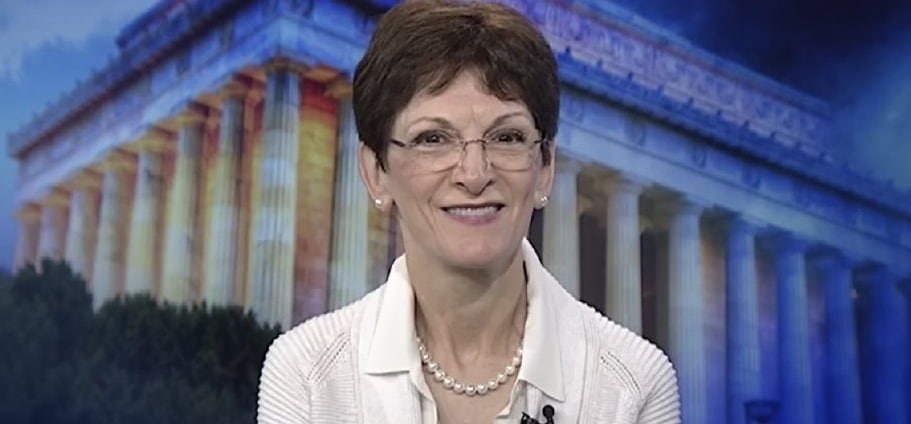
Mona Charen
The term “classical liberal” always has been a misnomer, in that it presupposes an earlier or undiluted form of liberalism that must be distinguished semantically and temporally. and But the great historian Ralph Raico disabused us of this empty distinction in his great book Classical Liberalism and the Austrian School:
There was no ‘classical’ liberalism, only a single liberalism, based on private property and the free market, that developed organically, from first to last. Liberalism . . . is based on the conception of civil society as by and large self-regulating when its members are free to act within the very wide bounds of their individual rights. Among these, the right to private property, including freedom of contract and exchange and the free disposition of one’s own labor, is given a high priority. Historically, liberalism has manifested a hostility to state action, which, it insists, should be reduced to a minimum.
But today we find, in the grand Orwellian tradition of meaningless words, arch neoconservative Jennifer Rubin has declared herself a “classical liberal.”
This comes on the heels of a harrowing episode at the recent CPAC conference, where Rubin’s friend Mona Charen experienced a smattering of boos for her criticisms of Trump and Roy Moore. Since then the twittersphere has burst forth with praise for Charen’s courage— one attendee gushed “that was so brave” as Charen left the building. Only in Washington does leaving one’s well-paid job at a think tank for a few hours to speak at a conference, under conditions of less than 100 percent enthusiastic agreement, constitute uncommon valor. It’s hardly surprising to anyone who has attended CPAC that the pep rally atmosphere doesn’t lend itself to intellectual arguments and nuance. And the idea that neoconservatives like Rubin and Charen imagine themselves speaking truth to power is absurd, given the close relationships and influence their movement has with leaders in both political parties and the administrative state.
They just don’t like Trump, which hardly makes them unique or noble. Only libertarians, after all, have the temerity to challenge the validity of democracy itself as the mechanism for organizing society. Sorry, but democrats don’t get a mulligan when the wrong guy wins. Only anti-state libertarians can say “not my president” with any degree of coherence.
Ms. Rubin’s use of the term “classical liberal” is especially galling, given her neconservative worldview. Ms. Charen and other neoconservatives define liberalism as a set of pre-approved political and cultural precepts, not as a conception of restrained government. They accept, and encourage, a strong and activist state: one that provides regulated capitalism, a robust safety net, unchallenged central banking, uniform social and cultural norms, and most of all an unrestrained military role for the United State across the globe.
This is hardly Misesian liberalism, with its emphasis on private property, individual liberty, trade, and peace above all as the necessary precondition for the first three. From this perspective Rubin and Charen are actually quite authoritarian in outlook, considering both would propose significant restrictions on property and commerce, military conscription, economic sanctions on a host of nations, and escalation of American wars. They are, in fact, distinctly illiberal, always insisting on a central role for the state in human affairs. Liberalism is society organizing itself, neoconservatism and progressivism are society organized around the state.
What really distinguishes the Jennifer Rubins of the world from garden variety progressives like Hillary Clinton or Dianne Feinstein? The answer is not much, save for perhaps a bit more lip service given by the former to Judeo-Christian moral traditions, and greater emphasis on identity politics and welfare by the latter. Their differences are those of tone and style, not substance.
Sorry, but Jennifer Rubin’s opposition to Trump doesn’t make her a liberal, classical or otherwise. At least she didn’t come out and declare herself a libertarian. We already have enough trouble with that word.
Reprinted with permission from Mises Institute.


